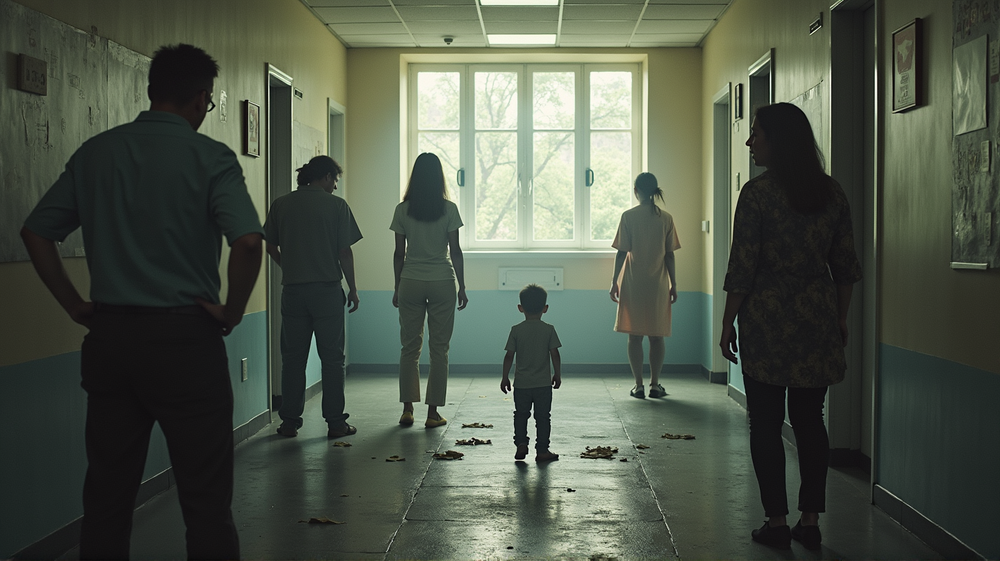A Heart-wrenching Plea for Help
“Don’t leave me alone with knives.” These words from David, a 14-year-old from Raleigh, became a chilling reminder of a mental health system teeming with cracks and barriers. Families like David’s and 10-year-old Ashley’s from Fuquay-Varina in North Carolina find themselves entangled in a web of insurance denials, costly expenses, and long waiting lists, symbolizing a growing public health emergency. According to North Carolina Health News, the state’s youth are in urgent need of better mental healthcare support.
The System’s Cracks Exposed
David’s story unfolds with his mother, Laura*, who reached out for medical assistance only to face delayed responses and inadequate care. The family’s encounter with a Medicaid-supported behavioral health urgent care revealed that many facilities fall short of child-specific mental health expertise, often delivering substandard and harmful experiences, leaving families farther from the safety net they desperately seek.
From Emergencies to More Trauma
Laura’s ordeal didn’t end with initial medical consultations. Amid a deteriorating crisis, emergency rooms offered little respite, with wait times spanning hours. When hospital admission was deemed necessary, David faced the indignity of a transport alone to an inpatient facility — a journey that exacerbated his trauma. Ashley’s family, too, confronted a similar struggle, battling a therapy system more concerned with standard practices than personalized care.
The Insurance Dilemma
Insurance constraints play a pivotal role in amplifying these systemic issues. As providers face burdensome reimbursements and administrative hurdles, families like Amanda’s, grapple with anxiety over inadequate care options. When therapists lacked proper training, it only led to higher emotional tolls on both children and parents.
The Call for Systemic Change
Mental health practitioners and families are urging for comprehensive reforms to alleviate the root causes of these barriers. Proposals include broadening the scope-of-practice laws, allowing psychologists to prescribe medications—a move backed by evidence showing reductions in suicide rates. Additionally, enhancing training programs for professionals to handle young patients could be a lifeline for those facing severe mental health challenges.
A Path Forward
In the face of entrenched systemic failures, parents continue to advocate tirelessly for their children. Amanda’s resolve serves as a beacon of resilience: “Trust your instincts, network for resources, and advocate without tiring.” With increasing awareness and policy shifts, North Carolina may yet see a system better aligned to its urgent mental health needs.
Names have been changed to protect privacy.













